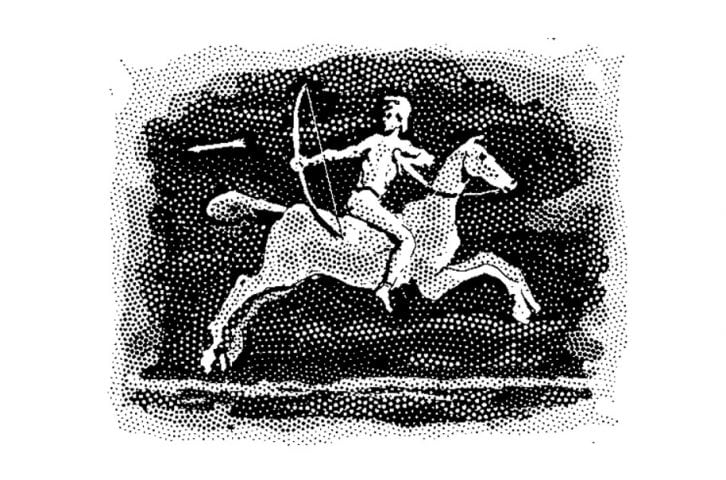In his Oval Office address on September 11, President Bush emphasized that this solemn anniversary entailed more than private loss or grief. By restoring, in effect, the emotional backdrop to the current war, the day reminded us of why we fight. With a becoming directness, he appealed for our resolve to fight on, not for closure.
His moral clarity—and his stubborn fealty to it—are the president's most endearing traits. They are rare in politicians today, and we should be grateful. But his brimming moral confidence, married to a management style that leads him to boast that, as president, he doesn't have to explain anything to anybody, has led him into a predicament from which he seems unable to extricate his administration, or our country. The problem in his foreign policy is not a shortage of notions about right and wrong, or freedom and democracy. The problem is too many contradictory and undigested ones.
On the subject of terrorism, for example, he blames the United States for contributing to the surge of radical Islamism in the Middle East because for decades, for the sake of stability, we supported the region's undemocratic governments. As a result, a generation of young Muslims, beset by "stagnation and despair," grew up "with little hope to improve their lives, and many fell under the sway of radical extremism." He explained to the national convention of the American Legion that "the lack of freedom in the Middle East made the region an incubator for terrorist movements." His solution is to democratize the place, beginning with Iraq. "Dissidents with the freedom to protest around the clock are less likely to blow themselves up during rush hour."
And yet Bush is clear that "on 9/11, our nation saw the face of evil." He knows that Mohammed Atta and the other mass murderers are not to be pitied or shielded from their evil-doing because they had had poor educations, no chance to join street protests, or too little midnight basketball. In fact, Atta and many of the rest had had advanced educations and, residing in the West, plenty of exposure to democratic freedom and opportunity. Their joyful adherence to "a totalitarian ideology," a "perverted version of Islam," was as much a protest against modern democracy as against Middle Eastern despotism. In fact, they favored a much more thoroughgoing regime of despotism than the region's secularist rulers had ever devised.
Bush leaves his audience, and his government, wondering. Do terrorists long for freedom, or tyranny? Is evil the result of deprivation, or delight? Is tyranny a temporary detour from history, which is hurtling towards global democracy, or a permanent temptation of human nature, certain to be around, in some form, as long as politics is?
Our military posture in the Middle East suffers a similar confusion. The president insists on victory in Iraq, but under pressure from competing advisors or ideas he has defined victory down. In his Second Inaugural, he promised to stand with unfree peoples as they rose up against their masters. Yet for a long time, he has promised too that "as the Iraqis stand up, we will stand down." The images clash, and not merely the images. Victory over our foes in combat has yielded to a new account of victory: planting a democratic regime, which it will be up to the Iraqis themselves to sustain.
Just as insistently, however, he warns that our security at home is increasingly dependent on liberty's flourishing abroad, especially in Iraq. Our security thus depends increasingly on developments overseas that we admit we can't control. The administration's quandary is reflected in its strategic paralysis. It can't reduce the number of our troops in Iraq, but it won't increase them, either. We can't afford to lose, but we don't seem willing or witting enough to win.
It would help, of course, if the Iraqi government would stand up with its own army. At present we are in the awkward position of fighting for their democracy, which, to paraphrase Groucho Marx, is more than they ever did. But the Iraqi "unity government," as Bush calls it, is not designed to empower a strong executive who might build and wield the army on behalf of the nation. In fact, the "unity government" is designed precisely to make that impossible. Structured by proportional representation so that power and responsibility are nicely splintered, it is rigged against any sort of very energetic administration. And so its officials huddle in the Green Zone, trying to reconcile contradictions.
It's increasingly unlikely that the Bush Administration will be able to straighten out this tangle. The Democrats are too busy deploring Bush to think through the difficulties, either. That leaves the GOP's presidential contenders in 2008. If America is to sustain a coherent foreign and military policy for the Long War, one of those candidates may be our best hope. Would someone like to begin the conversation?


